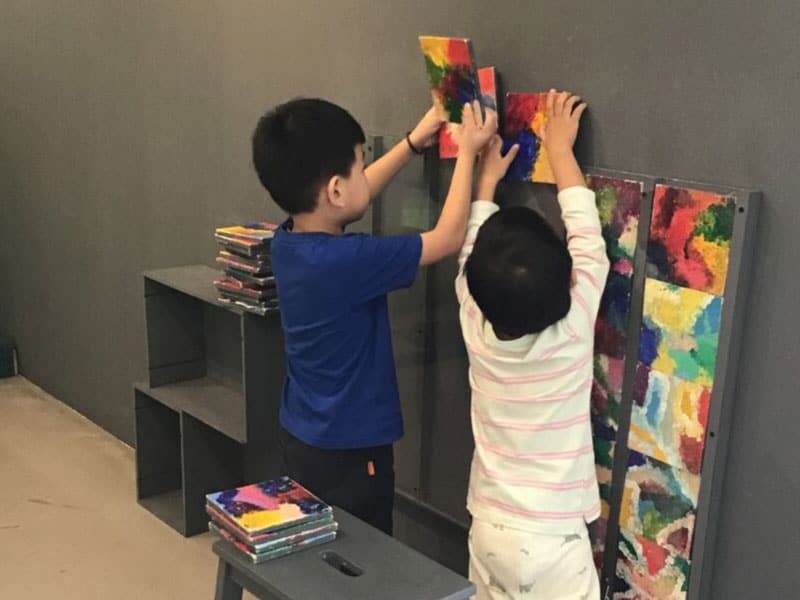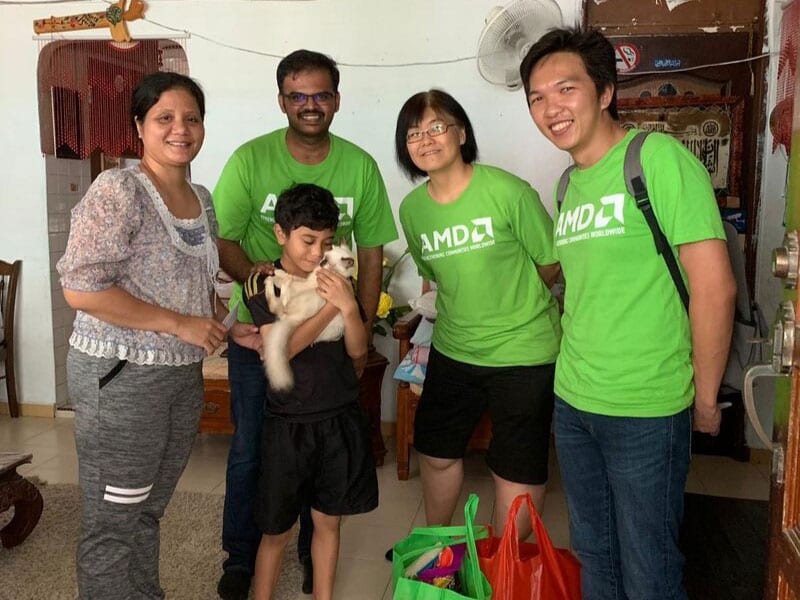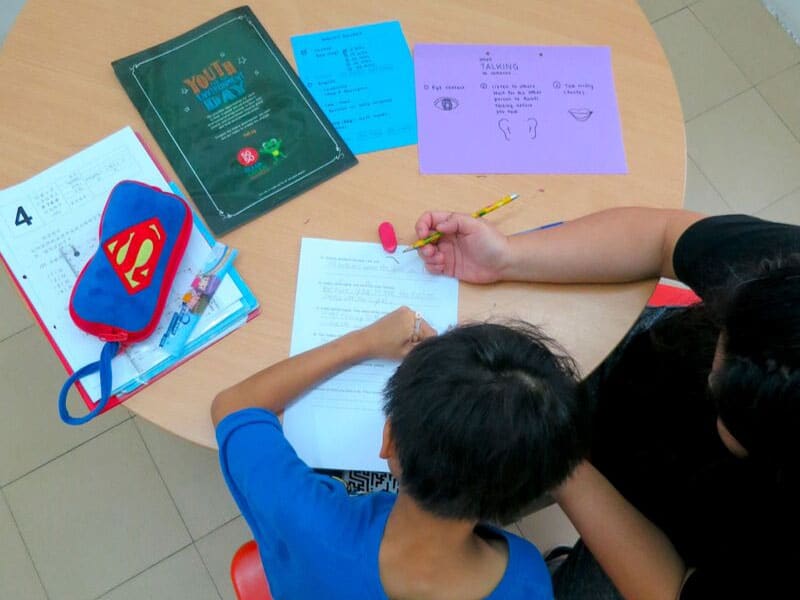With Children’s Day nearing, we spoke to three charities to find out how your dollar is used to give kids a boost in life.
Helping an underprivileged kid succeed in life sounds like a mammoth task. But it can really be broken down into smaller, simpler things. Sometimes, all a kid needs is enough pocket money to take the bus to school. Others benefit from tuition, so they do better academically and get good jobs to improve their family’s prospects. Others may need someone to sponsor classes that help them develop life skills like creativity and critical thinking.
And that’s why every donation from you matters. We spoke to three different children charities, to understand how a sum of $100 makes a priceless difference in a child’s life.
Playeum: $100 Prepares Children To Be 21st-Century Thinkers and Doers

Not all life skills are taught in classrooms. “21st-century skills, such as creativity, collaboration, and critical thinking are becoming increasingly important. That’s where we come in to complement traditional classes,” shares Charlotte Goh, executive director of Playeum, a non-profit that uses play and creativity to teach kids how to “fail forward”, be resourceful and solve problems.
Play-It-Forward is Playeum’s sponsorship and donation programme that writes off the centre’s admission fee for children from marginalised backgrounds, as well as those with disabilities.
Sponsoring an admission fee doesn’t sound like much, but it can really go a long way. Charlotte recounts a story of how the Play-It-Forward programme sponsored the admission for a child with mild intellectual disabilities. He learnt how to build a “marble run circuit” from scratch by himself which gave him confidence, and made an immediate difference in his behavior.
Charlotte’s advice? Every dollar matters. She shares an anecdote about the power of 1, where each and numerous $1 donations will accumulate and make a larger difference!
Compassion Fund: $100 Facilitates A Child’s Access To Education

Compassion Fund is a crisis fund, meaning it caters for those who face sudden death, accident and injury or ill health. The fund serves as interim assistance while the family waits for government aid, CPF payouts, or just to tide the family over as they re-establish stability. When it comes to kids, Compassion Fund assesses the family’s needs and provides financial support in proportion to the number of children within the family unit. This tends to be between $300 and $1500 per month.
“A $100 donation will help a child’s monthly transport cost to school. Providing a good education is the most significant way for families to escape the poverty trap; that’s why financial support like this is critical,” highlights Kay Iswaran, director of Compassion Fund. “In many cases, had we not intervened, these children would have had less chance to pursue further education and get well-employed.”
The team checks in every 3 months and aims for , aiming for each family to be financially independent after 1 year. The organisation is kept intentionally lean – just 2 full-time caseworkers and 1 part-time caseworker support 120 families – while rental and operational costs are fully sponsored by two private companies. This leaves 80% of their donations to reach the last mile.
Children’s Aid Society: $100 Provides Tuition For A Month And A Confidence Boost

” Every donation, big or small, will help to defray the costs of running our programs and services,” says Lim Wan Yin, a senior executive of Children’s Aid Society’s Community Engagement team. For example, a $100 donation can fund a child’s tuition for a month. Aside from helping the kids improve academically, tutoring gives the kids a much-needed confidence boost, which is critical for those who have suffered trauma from abuse and neglect. Wan Yin shares about a girl who struggled to cope with Dyslexia. Through mentorship and tutoring, the girl improved and even won an award for ‘Most Improved’ student amongst her Primary 6 cohort!
Finally, donations also contribute to other forms of enrichment like sponsoring kids’ educational outings and purchasing assessment books and other learning materials.
Wan Yin’s advice for donors? “Commit by donating a token amount monthly, versus a one-off donation. Even small donations are important especially on a regular, sustained basis.”




















